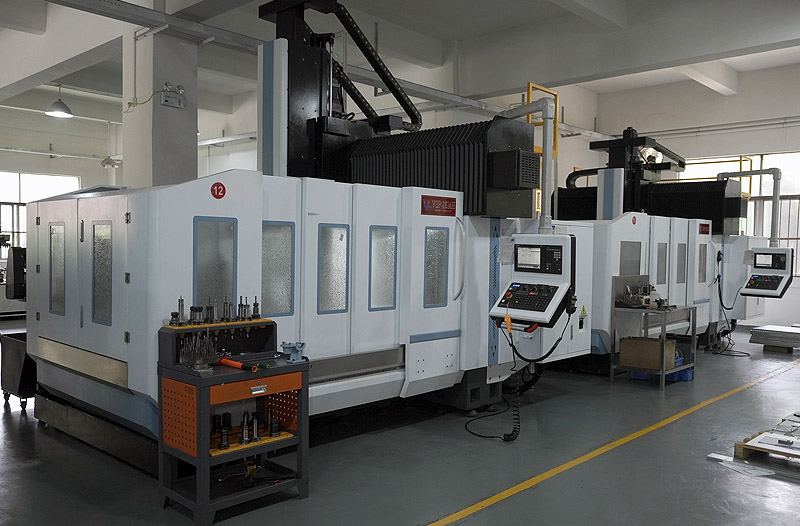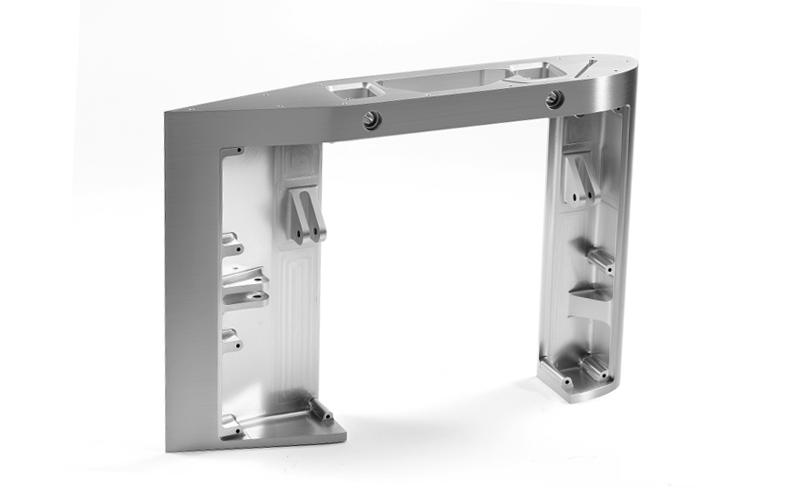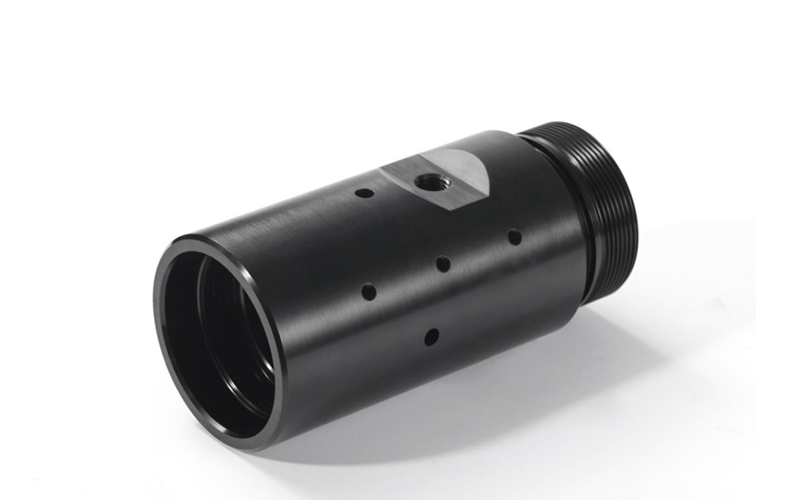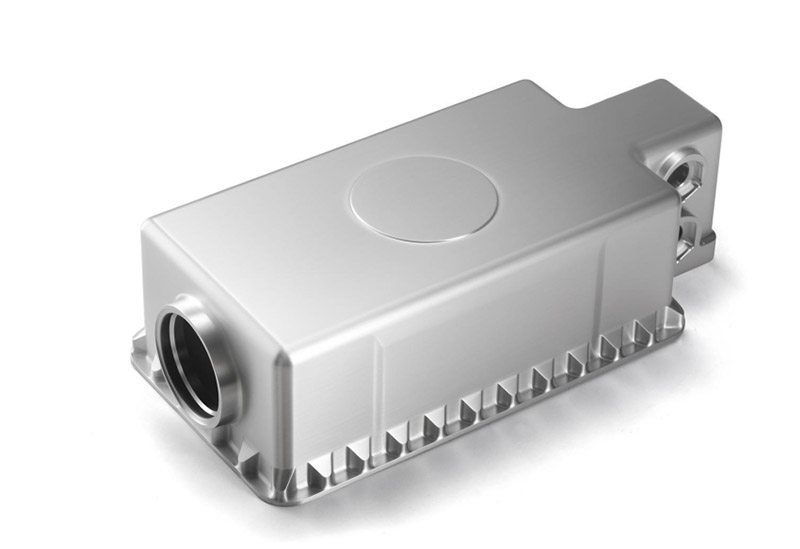CNC Machining
CNC Machining is a technology that uses computer numerical control (CNC) machine tools to precisely machine workpieces. CNC machine tools use digital instructions to control the movement and processing process of tools, and can realize cutting, drilling, milling and other processing operations on various metal and non-metal materials.
Advantages of CNC machining
l It has the characteristics of high precision, high efficiency and good repeatability.
l Widely used in manufacturing, aviation, automobile, electronics and other fields
l Can process various metal and plastic materials
l Suitable for prototypes, single pieces and small series production

CNC Milling
CNC Milling is a subtractive manufacturing process in which computer-controlled cutting tools gradually remove material from a workpiece to produce a custom-designed part or product.
The process is suitable for machining a wide range of materials, with parts typically manufactured to tolerances between +/- 0.02mm and +/- 0.1mm.

CNC Turning
CNC Turning is a subtractive manufacturing process, which means material is removed from the workpiece to create the desired shape. The process can be performed on a variety of materials, including metals, plastics and composites. All operations are performed automatically based on the CAD model uploaded to the CNC lathe.
Can be used to manufacture parts of various shapes and sizes, from small components to
large workpieces. The process is ideal for high-volume production and one-off parts, making it a versatile manufacturing solution.

CNC 5-axis Machining
Five-axis CNC machining is an advanced processing technology that uses five-axis CNC machine tools to process complex parts.
Five-axis CNC machining can control multiple axial movements at the same time, so it can reduce the repeated clamping and positioning of parts when clamping and changing the machining direction, and improves the accuracy and efficiency of machining. This processing method is usually used for processing complex, curved surface structures, and three-dimensional curves, such as automobile molds, aircraft structural parts, medical equipment, aerospace devices, and other fields.
